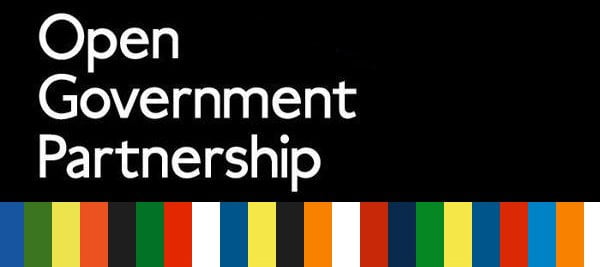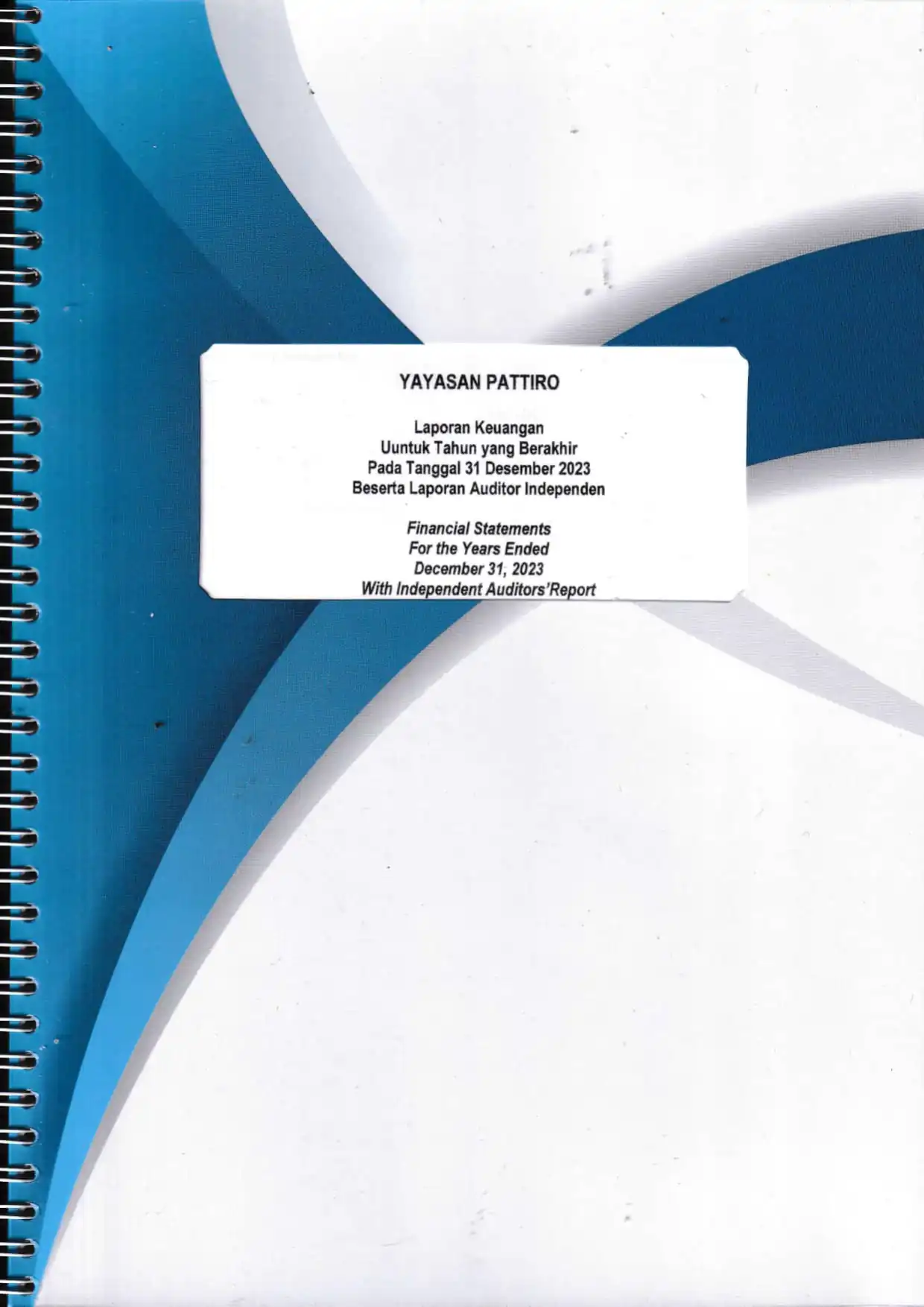To expand Open Government Partnership (OGP) membership in the Asia Pacific, PATTIRO became the coordinator for organizing workshops in five countries. Activities supported by the Ford Foundation, Asia Development Bank, Open Society Foundations – South East Asia Initiative and OGP Support Unit are carried out in Malaysia, Cambodia, Papua New Guinea, Myanmar and Vietnam. As a global initiative, OGP has experienced significant growth in the number of members. When it was launched in September 2011, only eight countries had joined, but this year it has reached 65 countries. Unfortunately, in the Southeast Asia region, only Indonesia and the Philippines have been involved.
The first activity was held on October 13 2014 in Kuala Lumpur Malaysia. The workshop, which was held together with the Institute for Democracy and Economic Affairs (IDEAS), was attended by various stakeholders, including government, CSOs, donor agencies, members of parliament and business groups.
The second activity was held in Phnom Penh Cambodia on 16-17 October 2014, in collaboration with the Cooperation Committee for Cambodia (CCC) as the local implementing partner. As in Malaysia, the event in Cambodia was also attended by many stakeholders. Interestingly, this activity was also attended by representatives of the Philippine Government, Richard Bon Moya and the Indonesian Government, Karina Kusumawardani from the Presidential Work Unit for Development Monitoring and Control (UKP4).
In general, the workshops in these two countries provided an overview of the concept and principles of OGP as a whole, as well as seeing the extent to which each country achieved the eligibility standards for OGP membership. In general, governments in both countries have attempted to encourage open government. In Cambodia, the government there is currently working on an Access to Information Bill, which is planned to be enacted no later than 2017. In Malaysia, the government has also attempted to encourage public officials to report wealth, although the results cannot yet be made public.
At the end of the session, CSOs developed a joint agenda to follow up on this workshop. CSOs in Malaysia, coordinated by IDEAS, will consolidate to develop an agenda and strategy to provide input to the government to encourage them to join the OGP. Likewise in Cambodia, CSOs such as CCC, API, KYI, and SILAKA will coordinate with each other to encourage the government to sign a Letter of Intent as members of the OGP.
For PATTIRO, this is the beginning of wider involvement across national borders, and Southeast Asia is the starting point, as stated by PATTIRO Director Sad Dian Utomo separately. “After having chapters and local partners that are fairly evenly distributed throughout Indonesia, this activity becomes a bridge to develop the network.” Sad added, PATTIRO will explore other collaboration opportunities with CSOs in Malaysia, Cambodia and other countries, which are not limited to the OGP scope alone.






